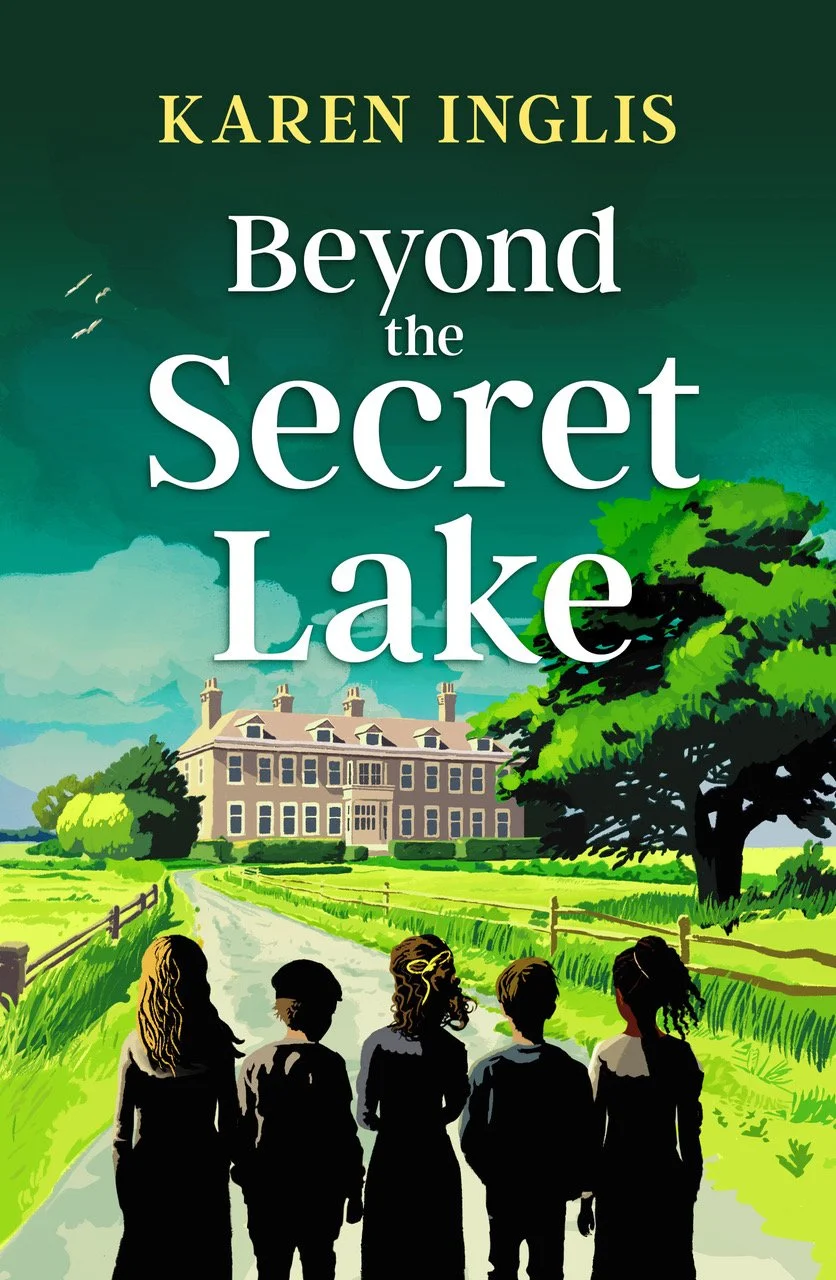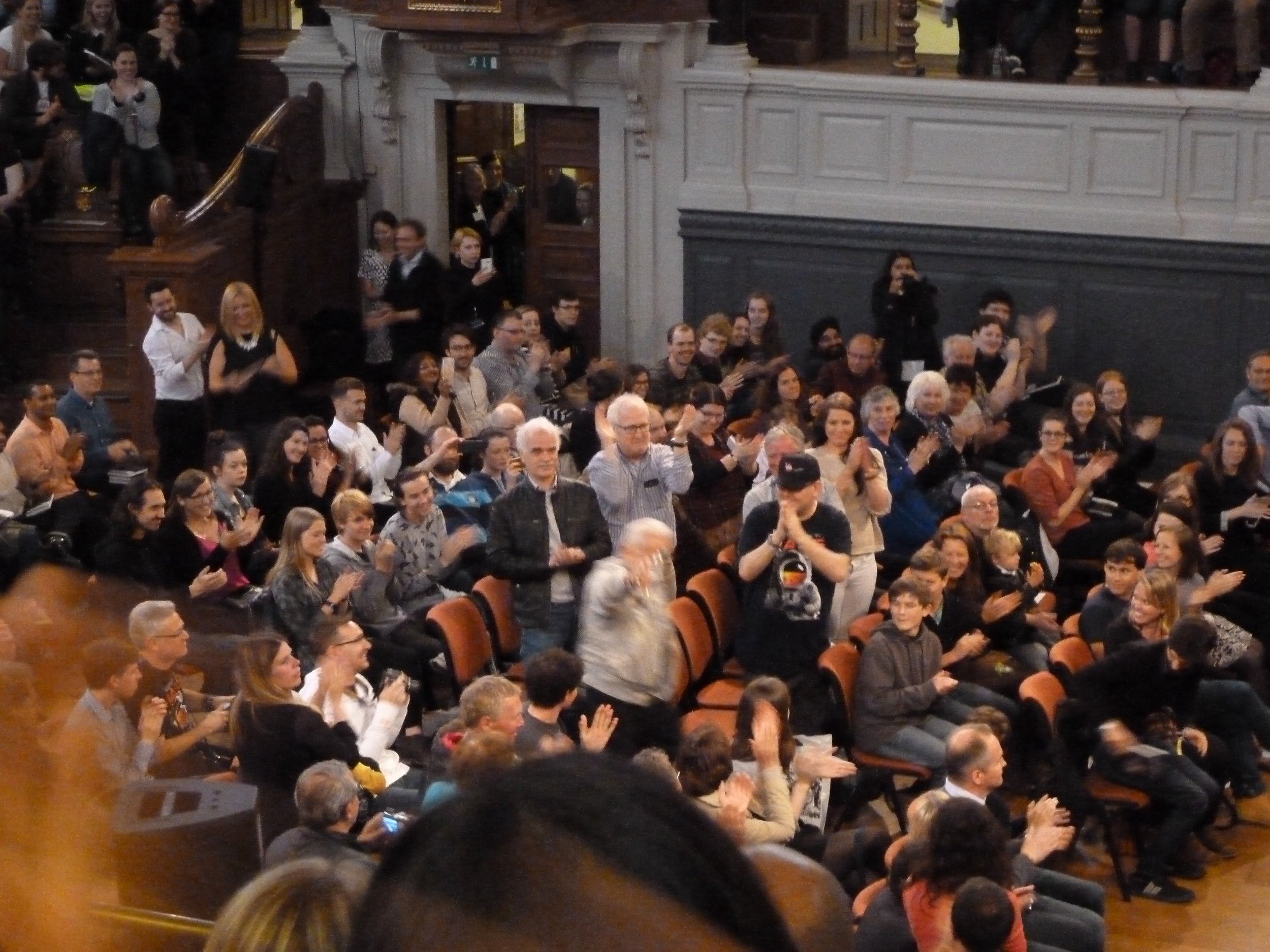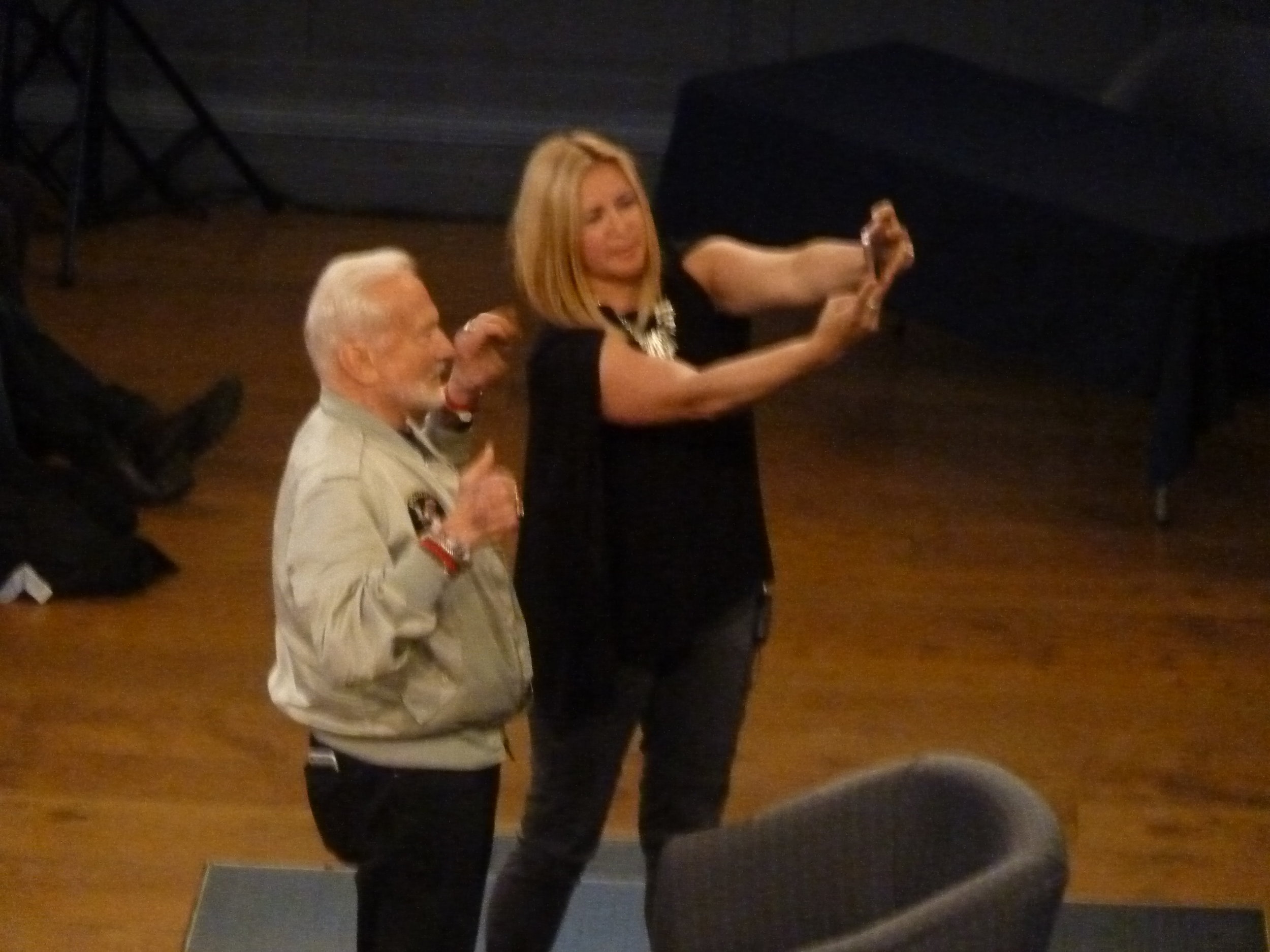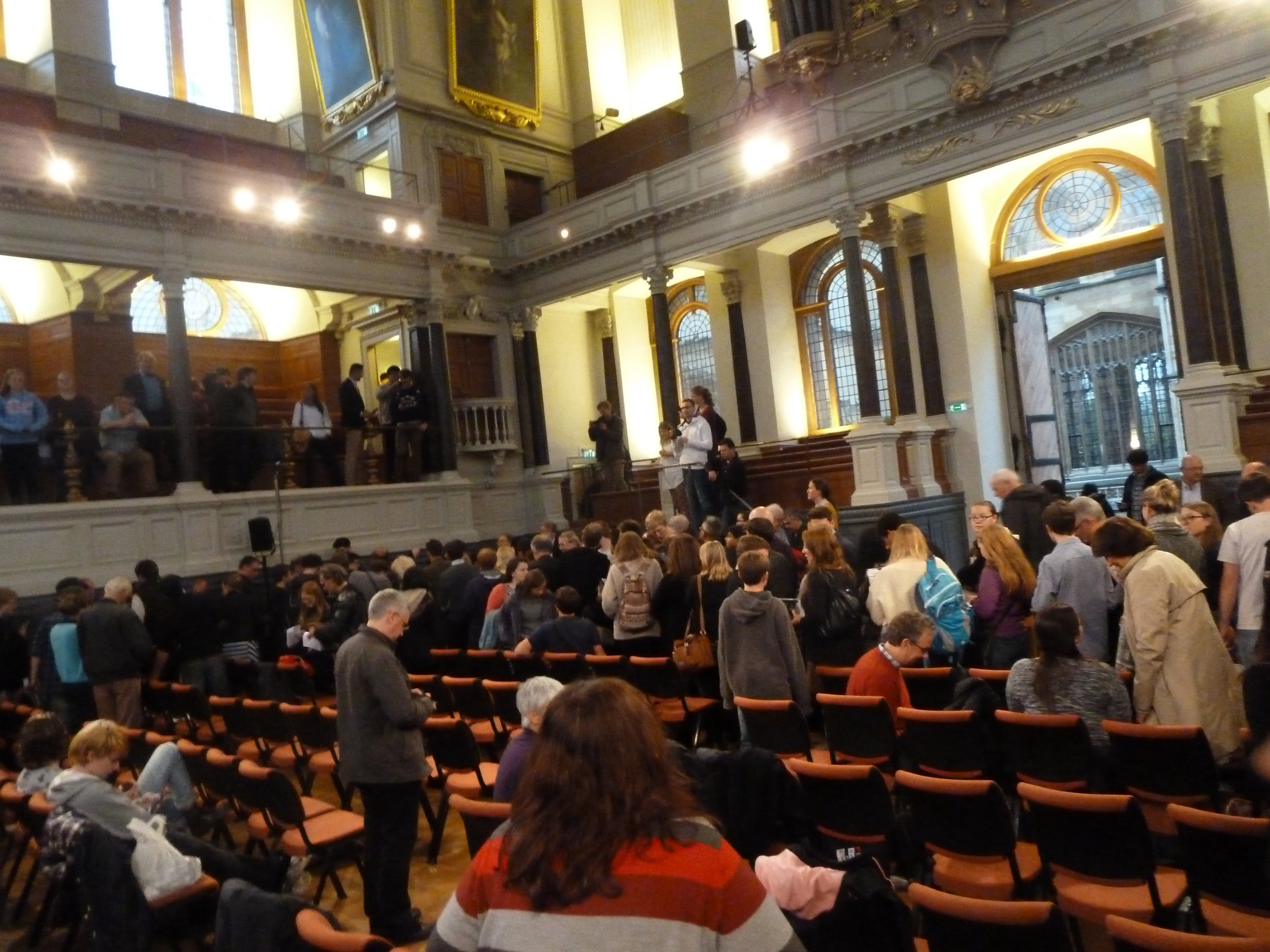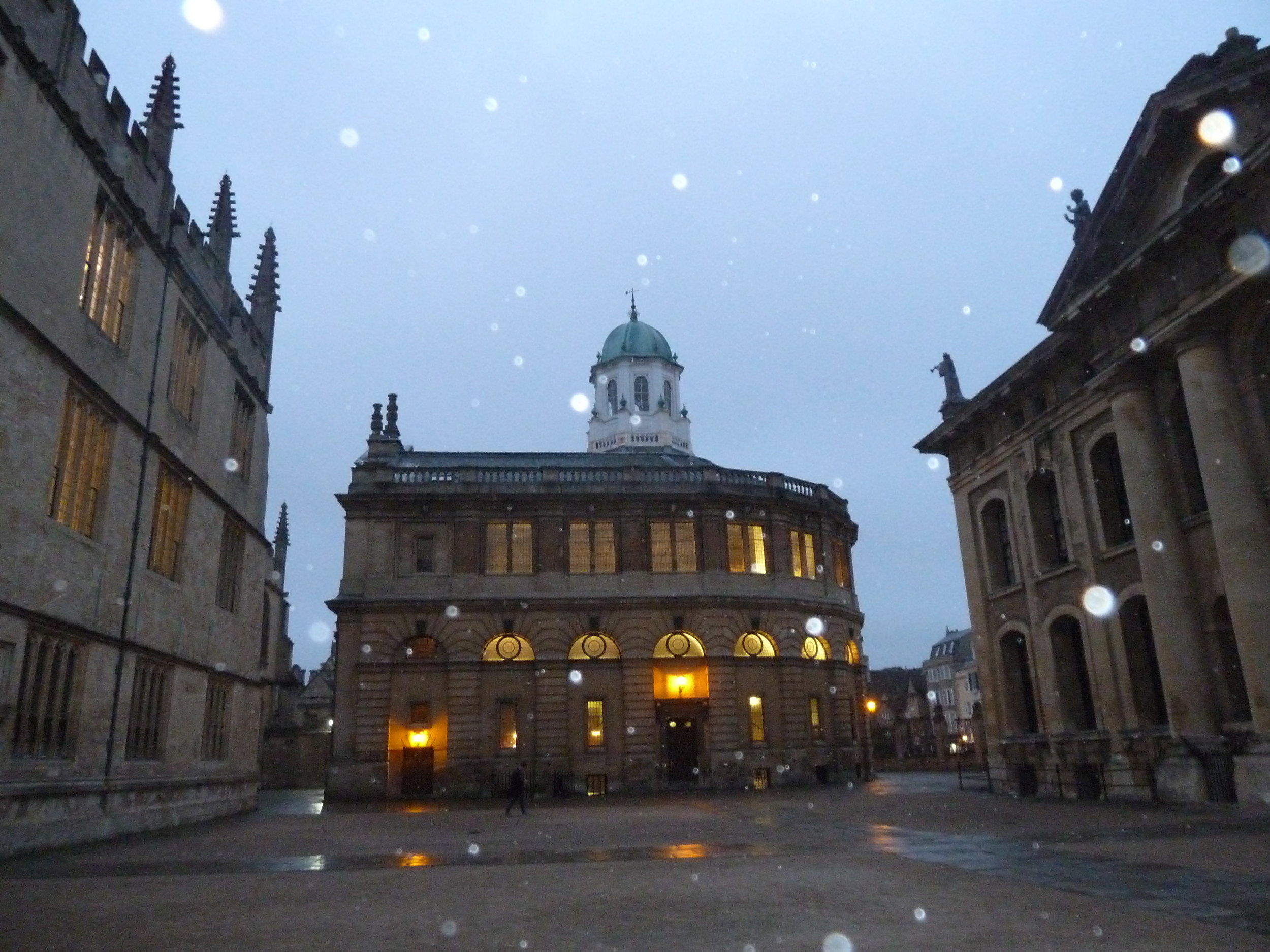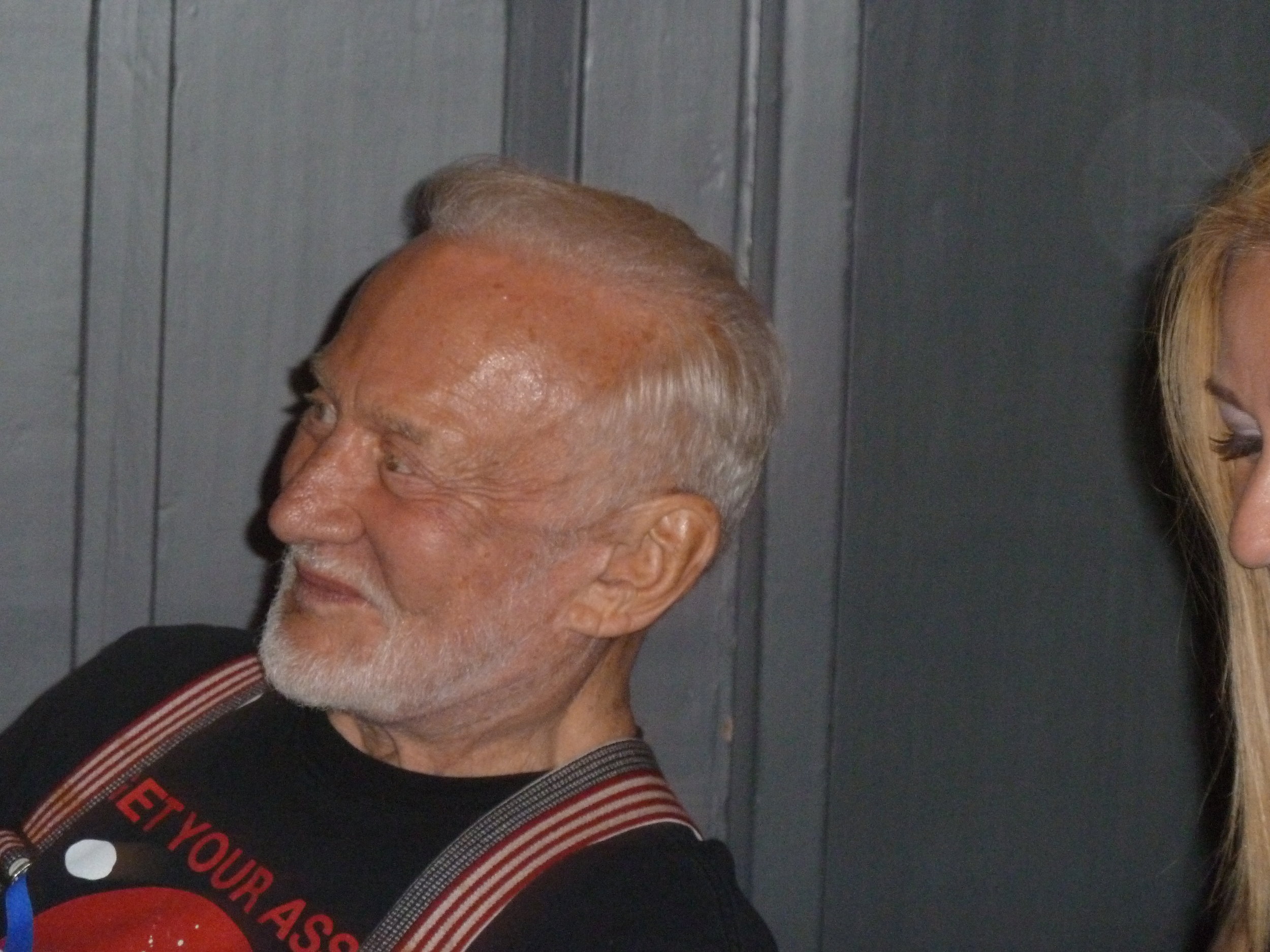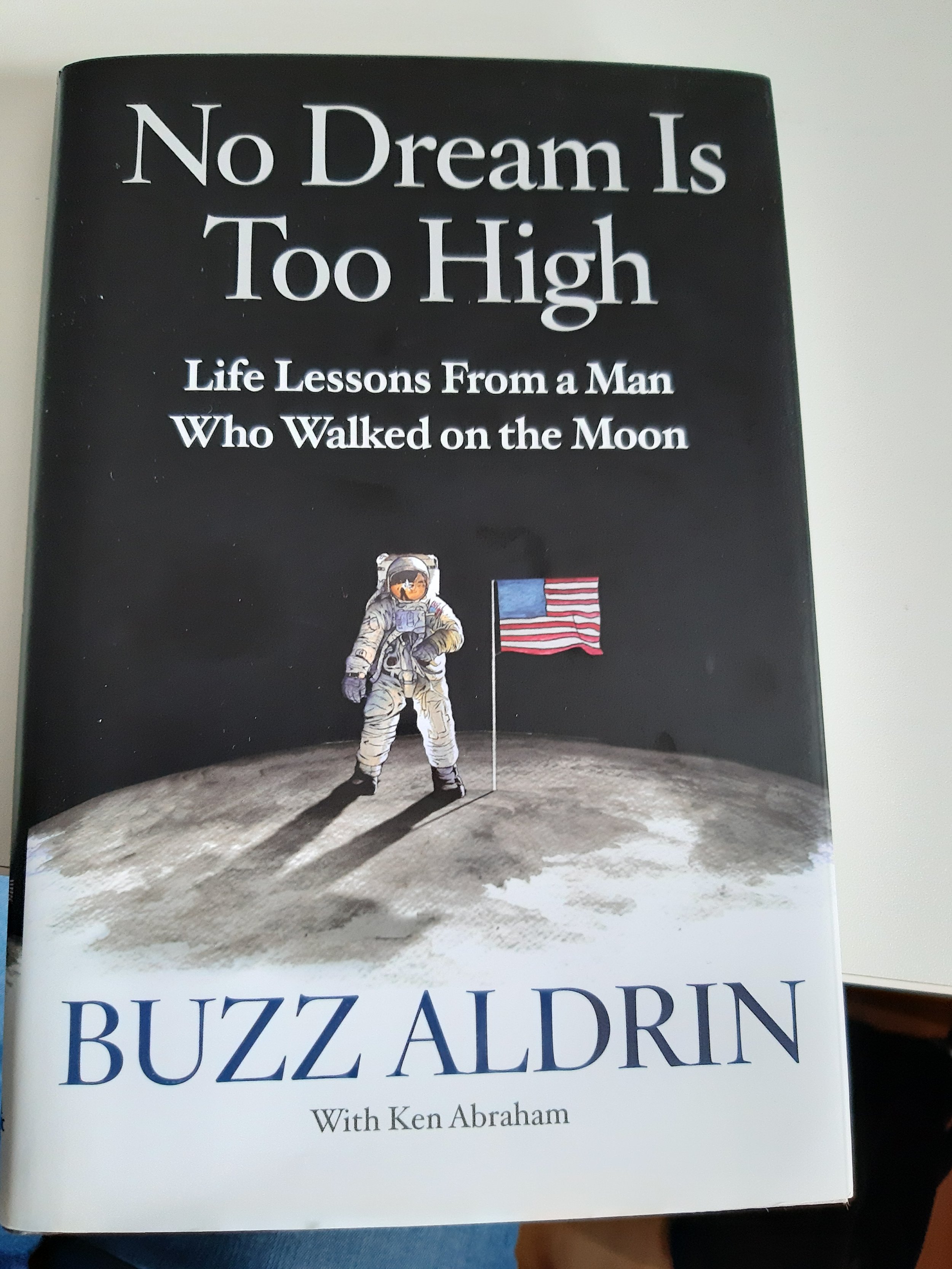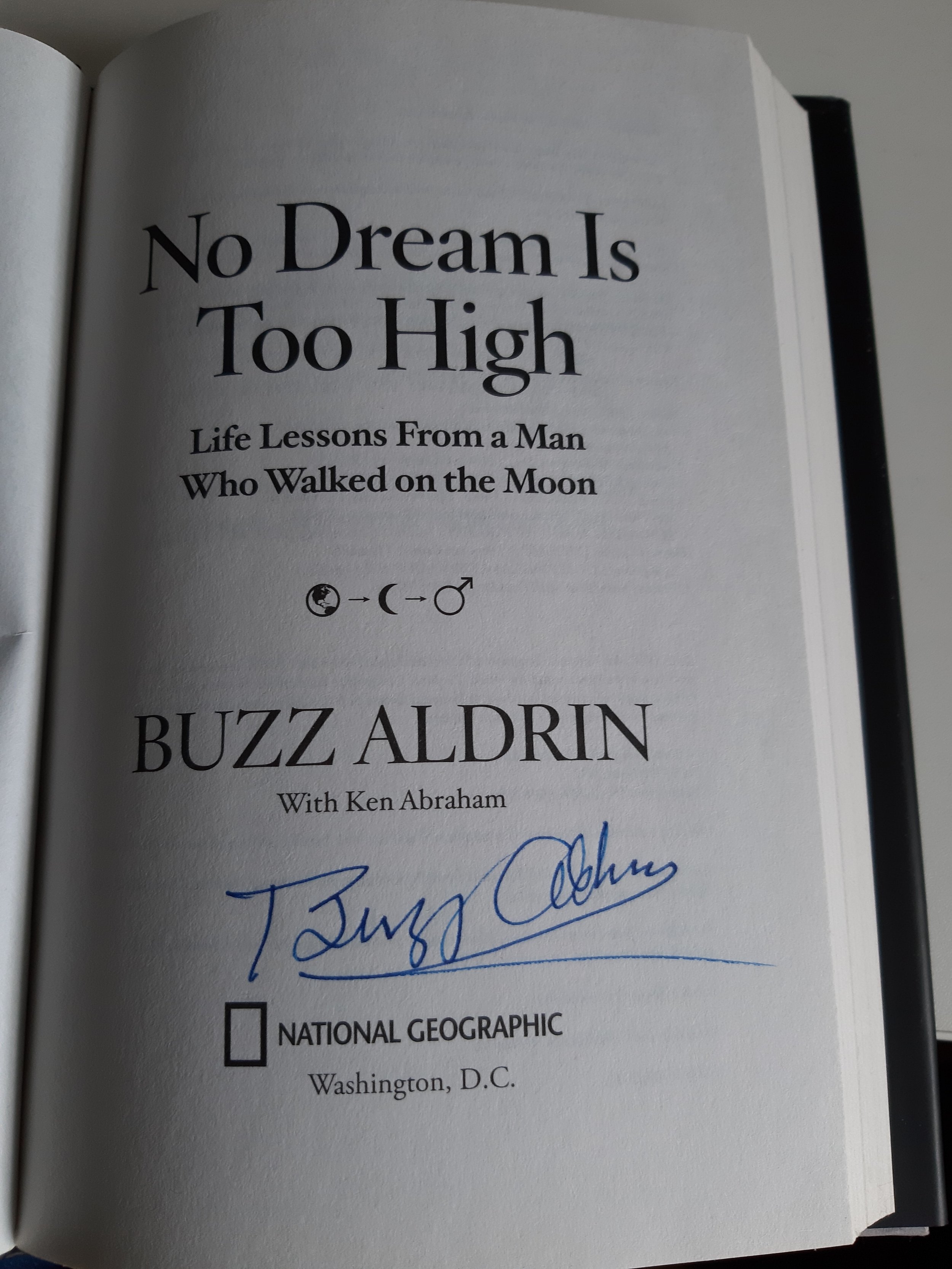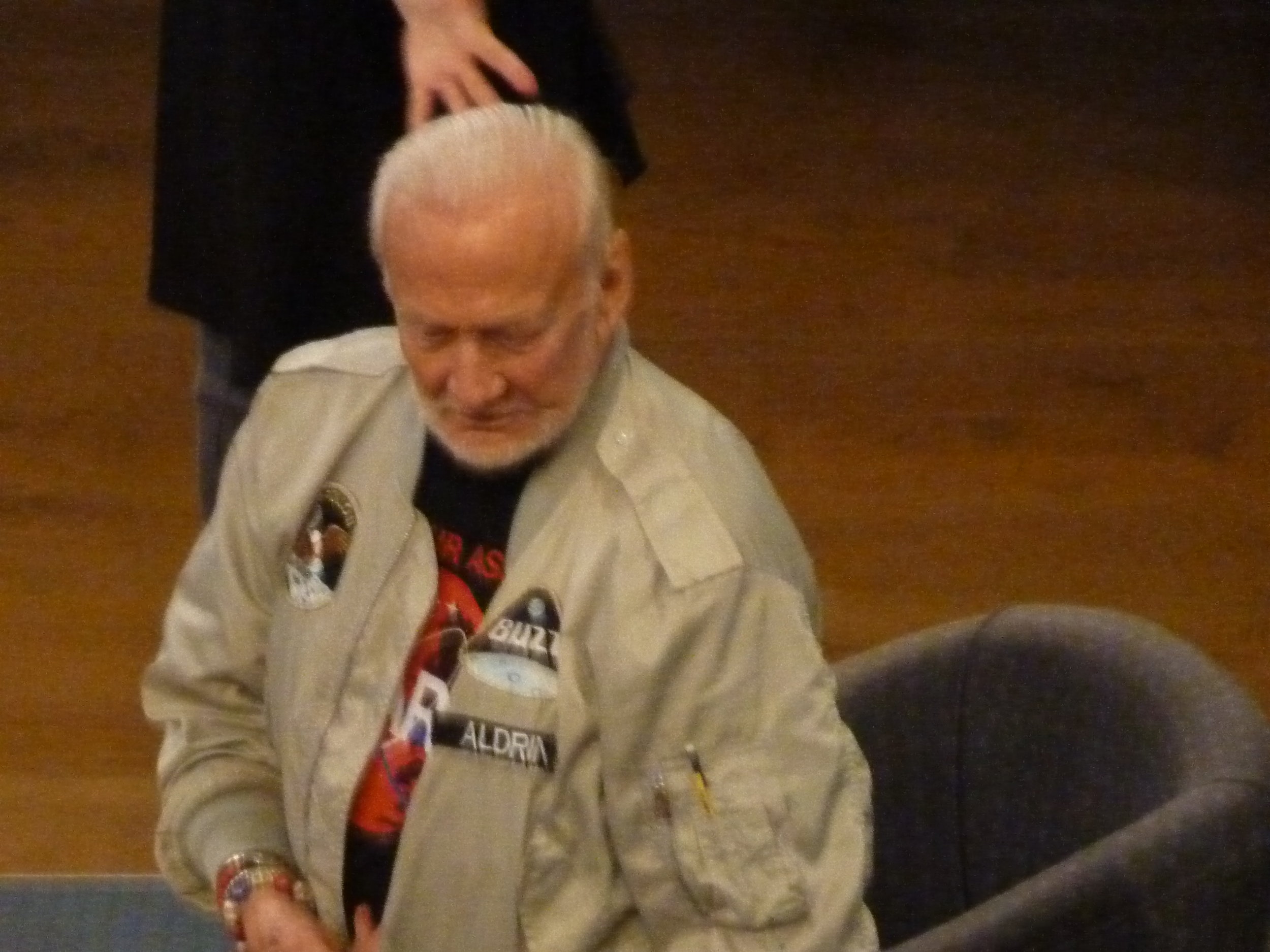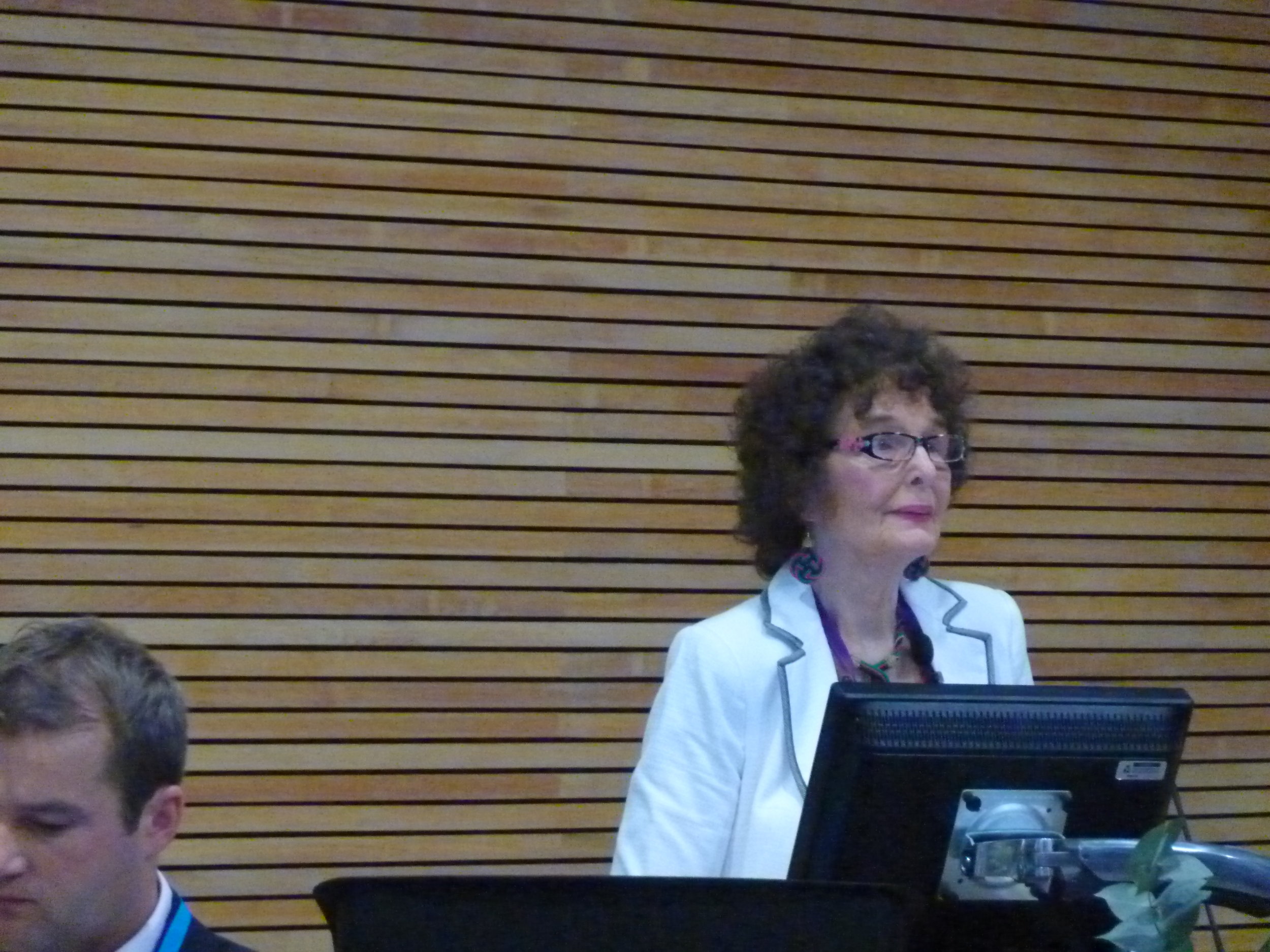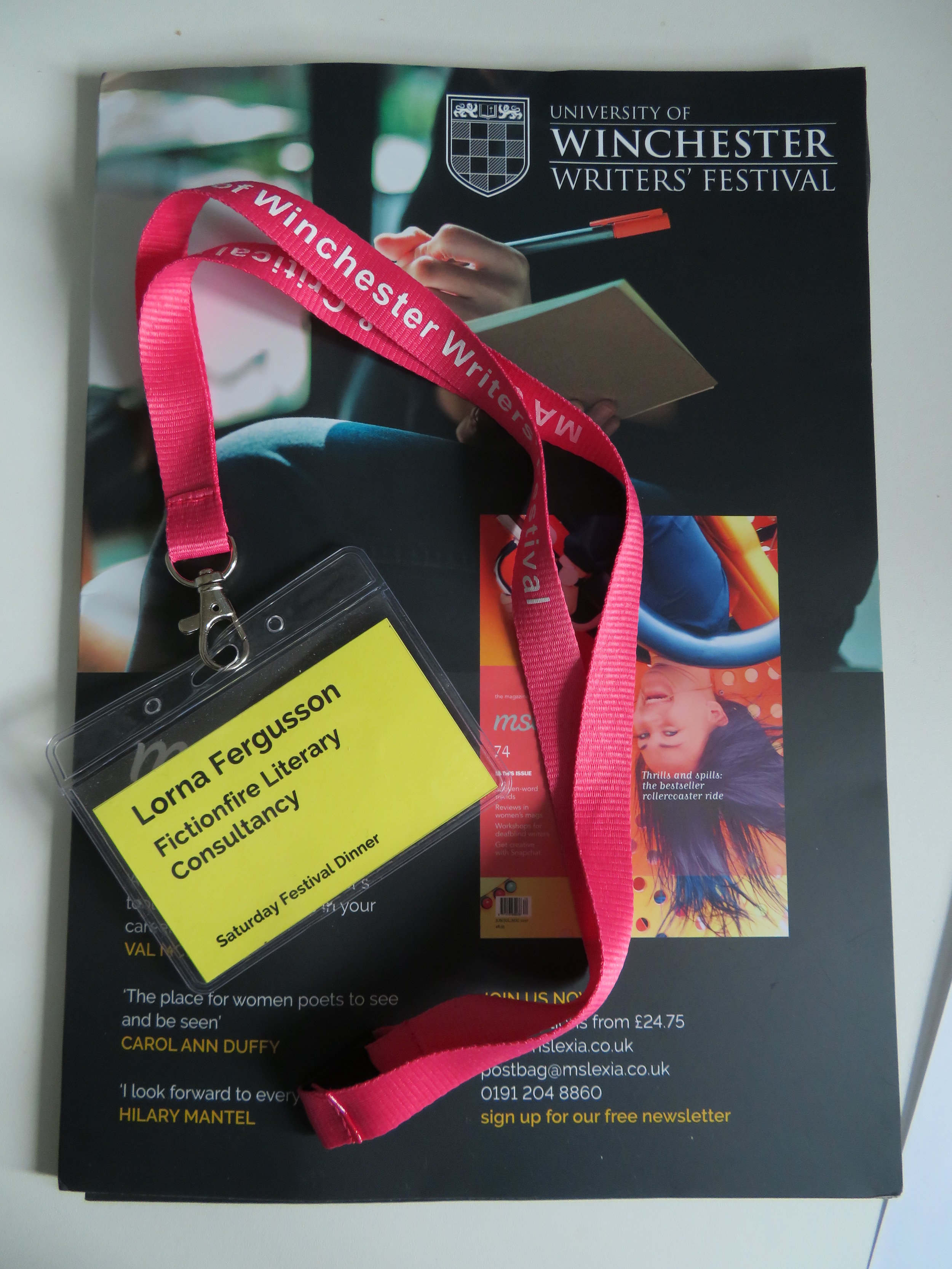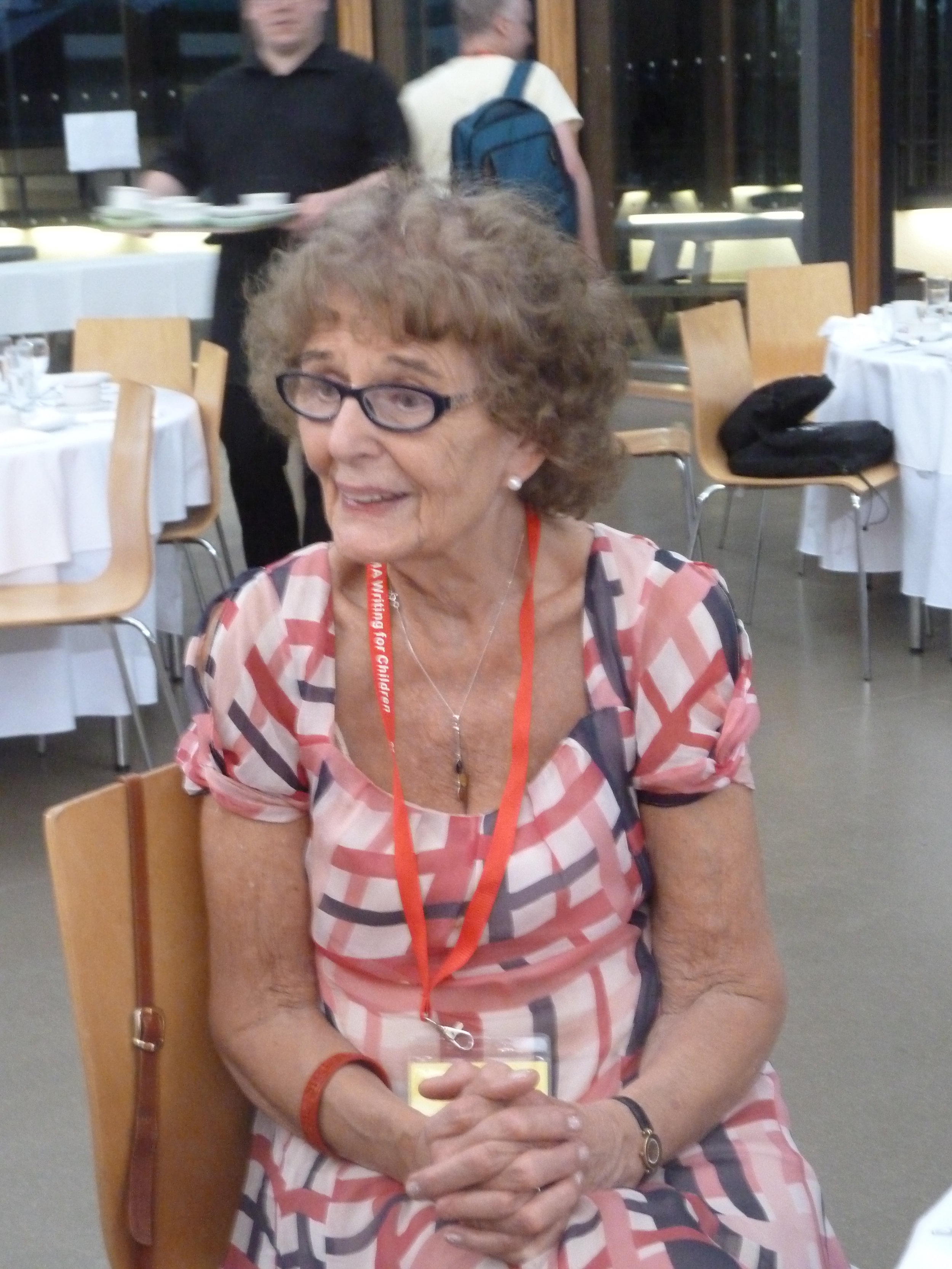I had a brilliant, beautiful, energetic, determined mother. At school, she won prizes. She loved to read, as did my father. She understood the power of words, reading to me when I was ill (which was often), buying me books, going over my first tentative stories, instinctively pushing me to sharpen the prose, clarify the message, enhance the feeling.
Neither of my parents went to university. Back then, there simply wasn’t the money. There wasn’t the sense that it was possible.
I was lucky to be born into a generation that saw going to university as an option – even a right. So I went.
That much, my mother could have foreseen. But she wasn’t around to see me graduate with my First Class Master of Arts in English Language and Literature, to see one university lead to another. She wasn’t around to see me become a teacher of the art she had introduced me to in childhood.
Last month, I finished my annual season of teaching summer schools in creative writing for Oxford University’s Department for Continuing Education, now rebranded as Oxford Lifelong Learning. This work has been an integral part of my year since 2002. It involves a super-charged period of interaction with students and a shedload of bureaucracy, which, as any teacher knows, is the hardest part of being in the educational system. Hundreds of students have passed through my classrooms during these years. We’ve shared truth, laughter, knowledge and inspiration. I hope I’ve guided them, enriched their skills, given them confidence and encouragement, the way my mother did for me.
Why is this so much on my mind, other than the annual taking stock after a high-intensity couple of months? It’s because I’ve been pondering the importance of access. Two of my summer schools were held in Rewley House, a building where the University started running summer programmes in the late 19th century for those who lacked access to education. My room this year was the Sadler Room, named in honour of Michael Sadler, one of those early educationalists who saw how right it was to help working-class people improve themselves. He set up ‘Summer Meetings’ from 1888 - a forerunner of our popular summer schools.
He saw, most importantly, that women needed an education. Pretty much a century after his initiative, the year I arrived at Oxford my college was accepting women for the first time: let no one take for granted that educational access for women was a problem solved so long ago there is no need to keep feeling grateful for it.
I am thankful every single day for the pathways that have been open to me. I have followed those paths on behalf of those who couldn’t take them, like my dear mother. In my classes I see an extraordinary mix of people, all eager to explore what words can do. Many are students whose demanding circumstances have meant they can turn to creativity only in middle or old age. They are fired with enthusiasm, seeing new possibilities open up. They make writer friends. They share amazing stories. Some go on to publish and I am immensely proud of them. Some have absolutely no desire to publish: they are exploring what stories mean to them at a deeply personal level.
At the end of each course we celebrate at a formal dinner, taking photos and sharing contact details. And I wish, I wish, that my mother’s face could have been in one of those photos. She would have loved that chance. That fellowship. That acceptance that creativity was possible. That path to fulfilment.
So I walked it. I walked it for you, Mum.
This post is a companion piece to Clare Flynn’s guest post about women in academia.
For details of Oxford Lifelong Learning’s many part-time courses, summer schools, the Undergraduate Diploma and the Master of Studies in Creative Writing, go here. OUSSA summer schools launch early next month.




















